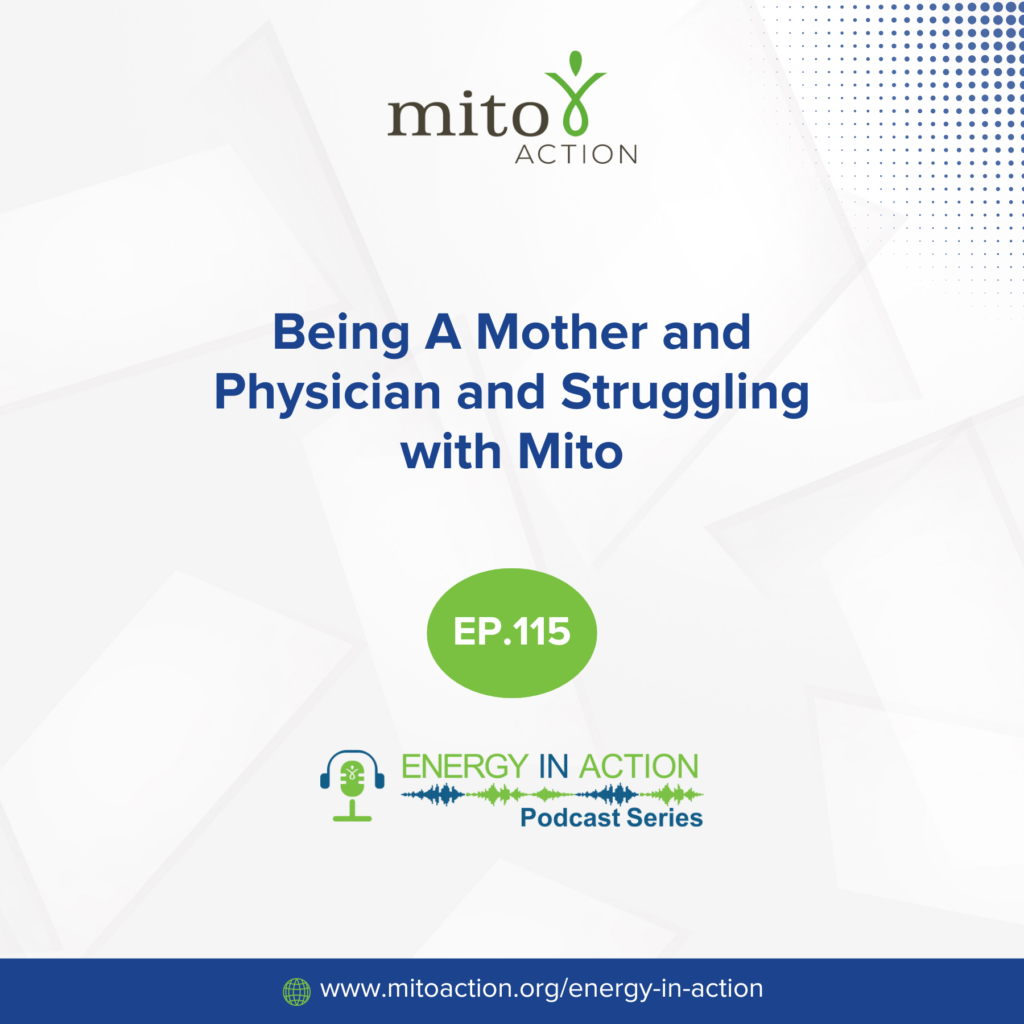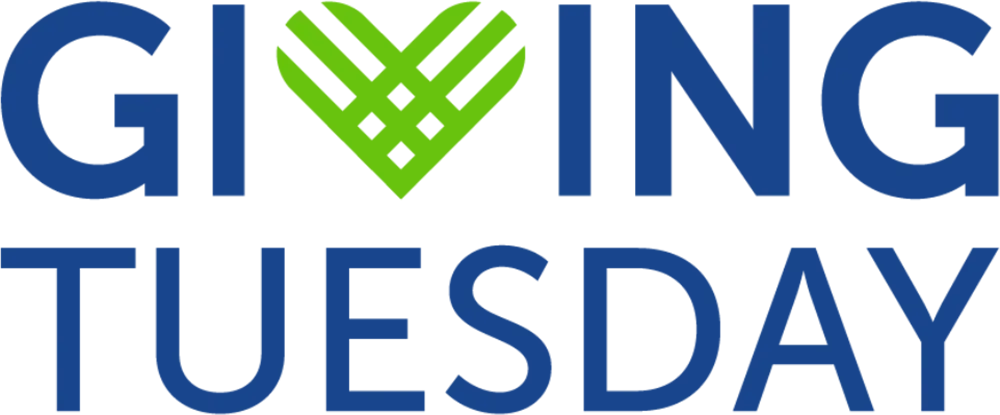
Rachel balances caring for herself as a mito patient, but also her two children and for the greater community through the work she does.
EPISODE HIGHLIGHTS
What has your diagnostic journey been like?
I was born with mito and my symptoms have remained the same, but I wasn't diagnosed until I was 17 years old. I was diagnosed in 1998 through muscle biopsy with unspecified mitochondrialRelated to the mitochondria. myopathy and was told that my diagnosis included chronic progressive external ophthalmoplegiaParalysis or weakness of the eye muscles. A common symptom in some kinds of mitochondria disease (CPEO), the limitation of eye movement and the weakness of the muscles around the eyes. My diagnosis seems to affect my skeletal muscles, but not other organs or smooth muscles.
How is life as a mom and what are your struggles?
Like any other parent, challenges shift as kids grow and change. Early on, I had fears that I couldn't be an adequate mom. I came into motherhood as I came into my career, later than most people because of the fear I had in my ability to do it. As my kids grew, I couldn't lift them and there have been other limitations along the way, depending on the day. Sometimes I still feel the reality of those limitations when they want to be lifted up into a swing or something on the playground. Bathing them is really physical, as is going up and down the stairs carrying things. My strengths come in emotionally when I talk to and play quietly with my kids. In most moments, I feel like a good mom and I'm showing my kids that not everyone has the same capacity.
What do your kids know about your rare disease?
My oldest is 6 years old, so they haven't asked and I haven't explained anything to them directly. I only very recently tried to open a conversation about it with my oldest, but she has really only taken notice that I'm not as strong as her dad. My plan when the time is right is to be fully forthcoming and tell them as much as I know.
What inspired your career as a physician and the work you do today?
My dad is a doctor and I've always had similar interests as him. I've remained curious about the science of medicine, but it wasn't easy for me to decide to go to medical school. I moved from primary care to disease investigation, which is a desk job that's better suited to my needs and strengths. I got a lot from my relationships with patients, but I feel fulfilled in the work I'm doing now and I feel a lot of satisfaction and my work is really interesting to me.












